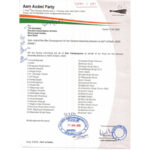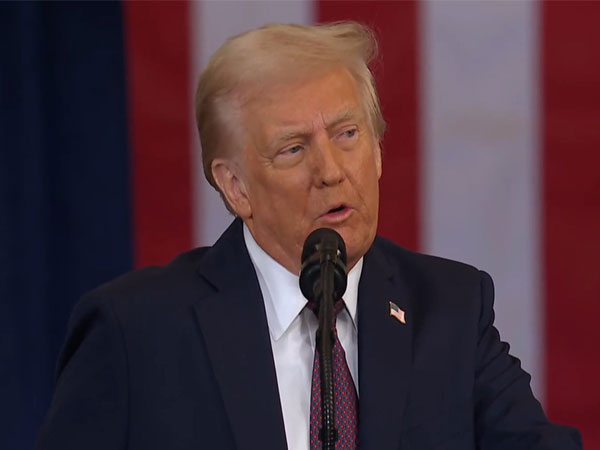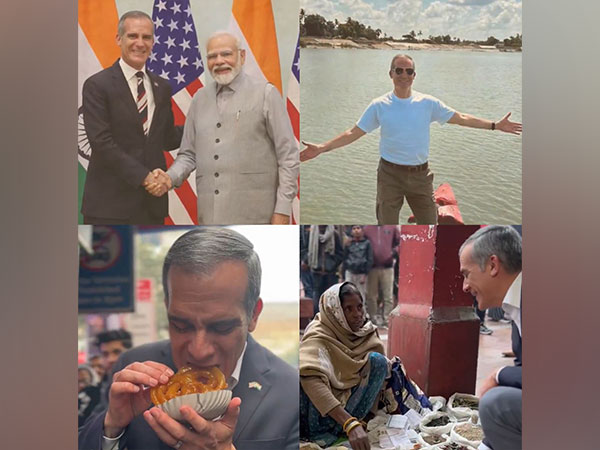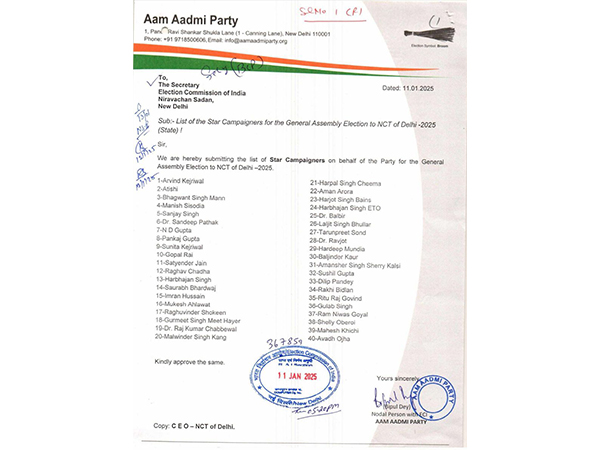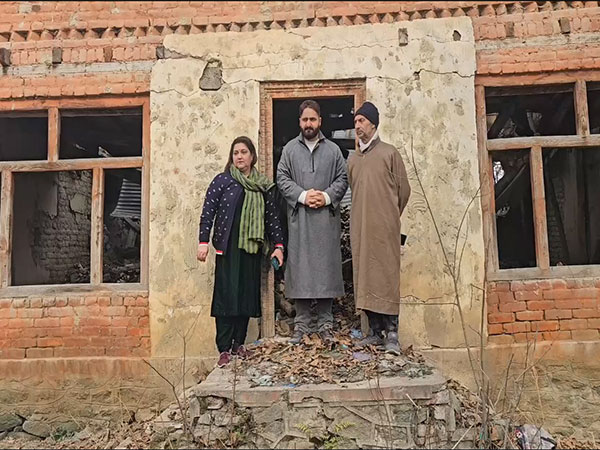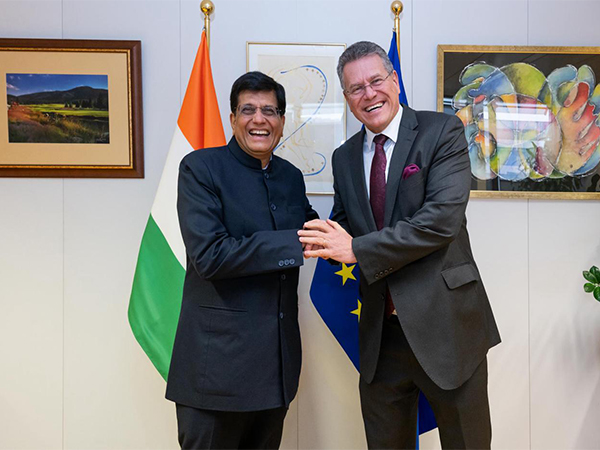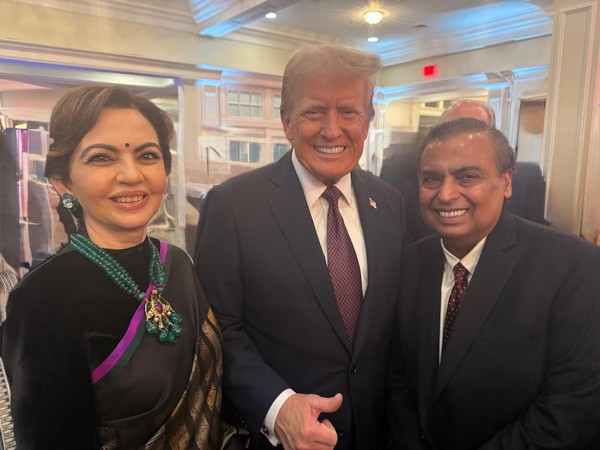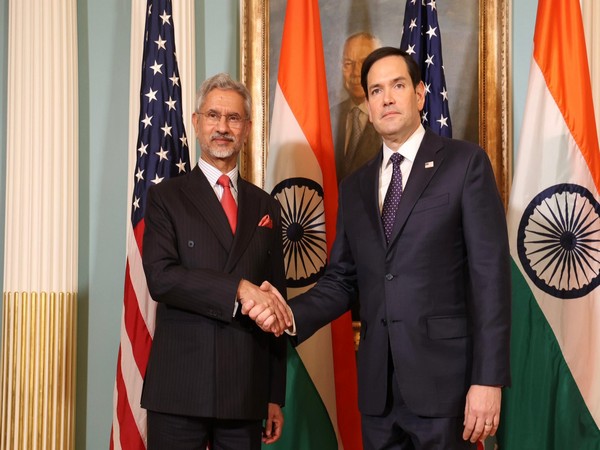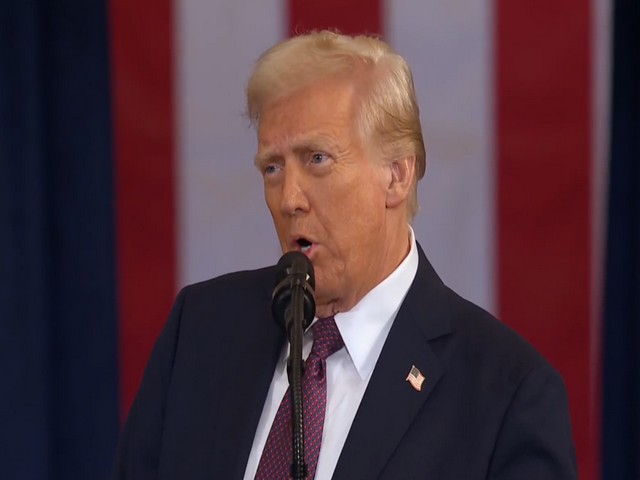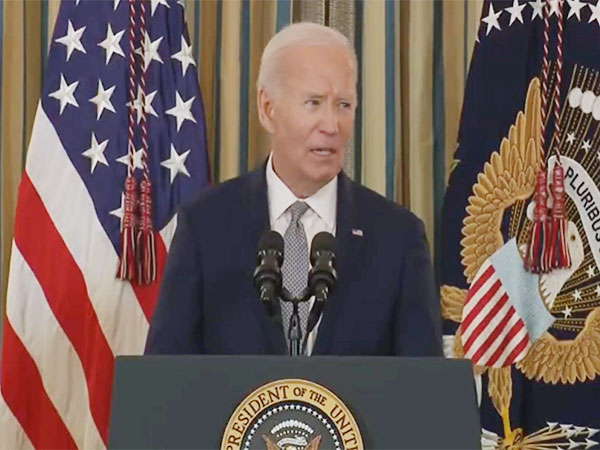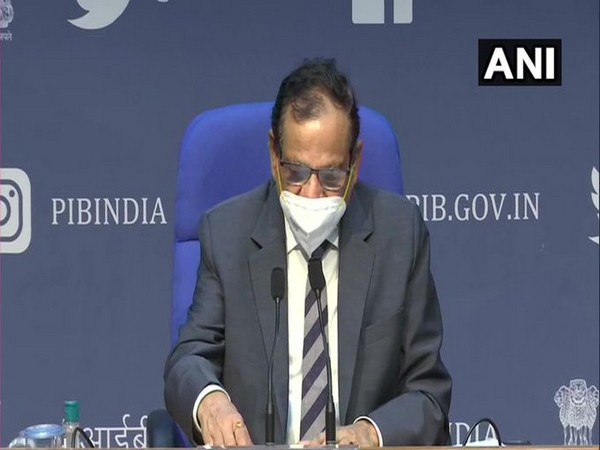
By Sahil Pandey
New Delhi [India], March 17 (ANI): The Union Health Ministry in its weekly press conference said that there is no concern regarding the Indian version of Oxford-AstraZeneca COVID-19 vaccine Covishield and inoculation program will continue to run with full rigour.
“There are reports on AstraZeneca vaccine relationship with thrombotic events in people who received the vaccine. 10 countries have paused the AstraZeneca vaccine program. The European medical agency says,’ it’s a precautionary measure and there’s no data assessment being done.’ As far as India’s own group that looks at adverse effect is seized with this issue for the last few days. They are tracking the information that is available to us in a systematic manner and I can assure you that we have no signal of concern in that regard,” NITI Aayog member (Health), Dr V K Paul said.
However, Paul also added that the World Health Organization (WHO) has told categorically that vaccine implementation should not be suspended, while as a precaution, the investigation should go on.
“Our program with Covishield vaccination in the country will go on and with full vigour. At the same time, we are mindful of the fact to address this concern as an ongoing activity based on data available to us. Today there is no concern at all with regard to Covishield. UK Prime minister Boris Johnson himself underlined the same philosophy and the same decision of that government,” Paul said.
NITI Aayog Member said that India will continue with the interval of 4-6 weeks for the administration of the two doses of the Covishield vaccine, despite new evidence suggesting better efficacy when the second booster shot is given after 8-12 weeks.
“Yes this has been said in some published work and many countries have adopted it as well that to keep the gap between two doses from 8 weeks to 12 weeks. Not all countries follow the same gap duration. After this information has surfaced then our national technical group on immunisation which is a standing committee and they have seen the data and their internal advice after the meeting is of no change,” Dr Paul said.
A new study that was published in the medical journal Lancet on March 6 has shown that a longer interval between the doses provided a higher efficacy compared with a six-week gap. Those vaccinated are protected against the symptomatic Covid-19 despite the longer dosing interval. (ANI)


